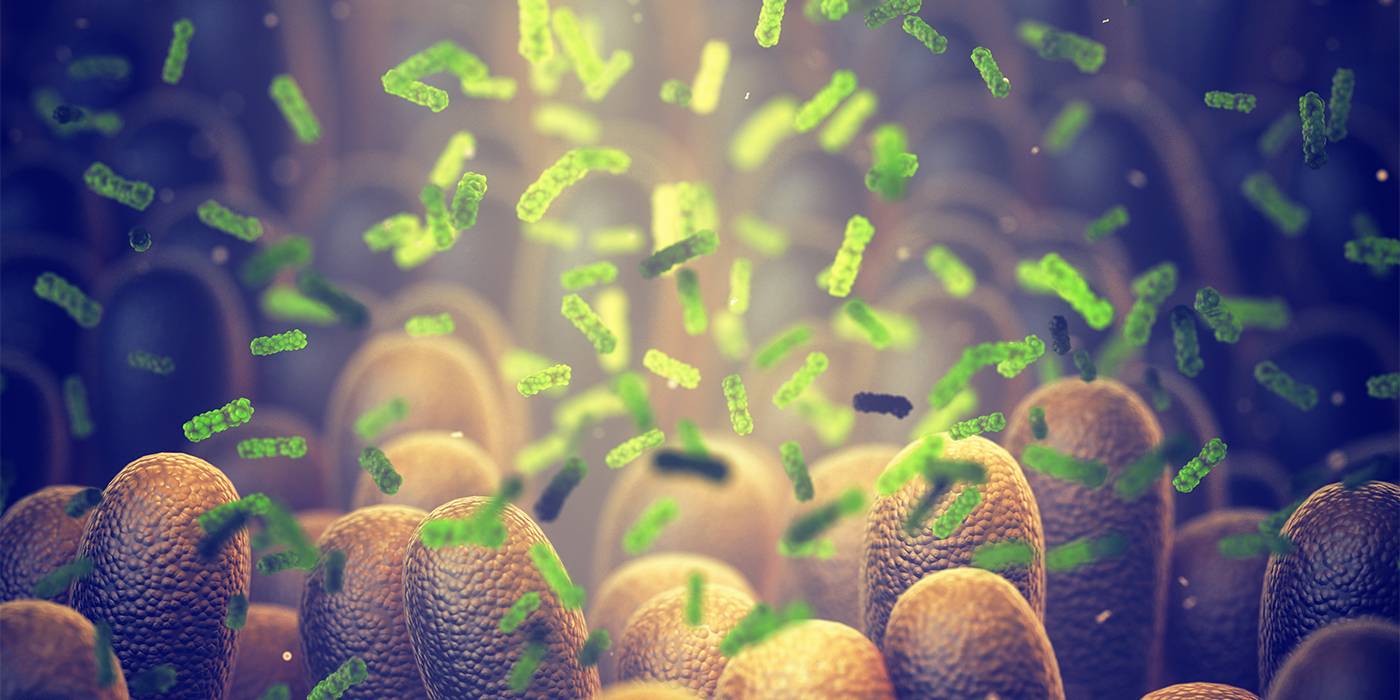Does beer contain probiotics?
Did you know that beer contains probiotics? They play a role in the fermentation process and can provide great benefits. Find out more!

Julio Cerezo - Beer Sommelier
Director of Sabeer Beer Academy
Probiotics are living organisms that are naturally present in some foods and that provide health benefits when ingested. They can also be added to certain food products for the same purpose and are often found in dietary supplements.
Among all the foods we consume, those that undergo fermentation are generally much more likely to contain probiotics. Yoghurts, bread and of course beer could be a natural source of probiotics, as bacteria and yeasts are always involved in their production processes, responsible for the fermentation that defines them.
However, a closer examination can dispel this notion, as other common processes applied to these products – such as hopping or pasteurization in the case of beer – can kill these microorganisms. As a result, they lose the key characteristic that allows them to be classified as probiotics: being alive.
What about beers that are not pasteurised?

While it’s true that in this case, the yeast could remain active until reaching our digestive system, for them to have a probiotic effect, they would need to reach a concentration much higher than what is typically present.
A unique case within the beer world is the sour styles, whether they are the traditional spontaneously fermented types where environmental yeasts and bacteria ferment the wort, or the more modern craft styles, which are brewed by deliberately adding microorganisms such as lactobacillus. Once again, the concentration of these popular bacteria is key. A low concentration of probiotics would require us to drink several bottles of beer to experience any beneficial effects on our bodies. This would inevitably lead to a high alcohol intake, which would certainly be more damaging to our health.
We cannot rule out the possibility that, in the near future, the brewing industry might develop varieties with enough probiotic content to provide significant health benefits without exceeding moderate consumption.

The first step has already been taken by the startup Probicient in collaboration with researchers from the National University of Singapore, who have launched a beer with standard alcohol content (4.5%) and a high concentration of lactobacillus paracasei L26. According to its creators, it’s the first probiotic beer in the world. At the moment, we cannot test it in Spain to see if its aroma and taste are at the same level as its alleged health effects.
In short, it seems that for now, the reasons for drinking beer should remain purely hedonistic. Let’s enjoy it in moderation as part of a healthy lifestyle, and if possible, with good company.
Cheers!
What do you think about?
Share comments, opinions and tricks with the Community






